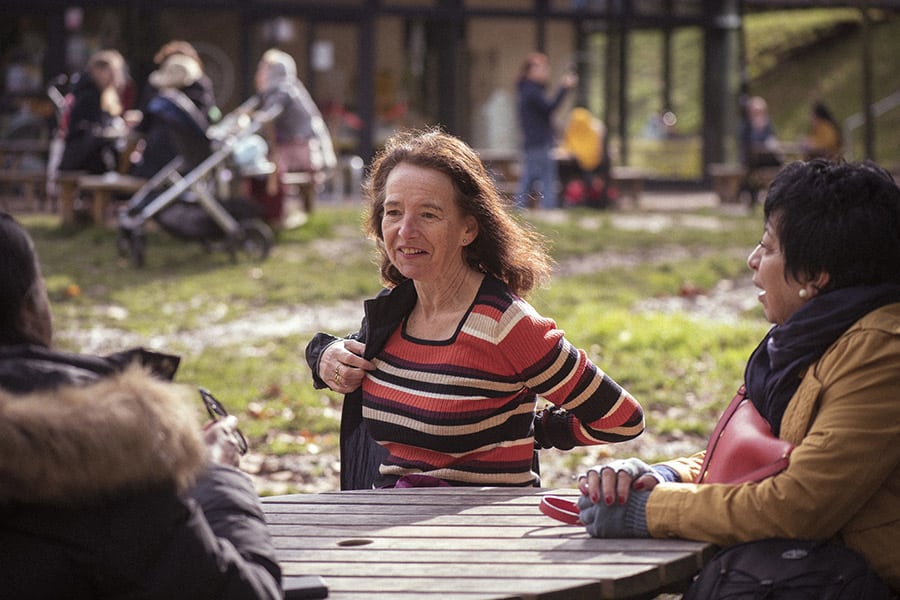£4.1m prize unveiled for assistive tech innovations that transform lives of dementia patients

A new £4.1 million prize is launching in September 2022 that seeks personalised assistive technology innovations that help people with dementia to remain independent in their own homes.
Alzheimer’s Society, Innovate UK and the Medical Research Council (MRC) will launch the new Longitude Prize on Dementia this September in a bid to change the lives of people with dementia.
Inspired by the original Longitude Prize of 1714, the Longitude Prize on Dementia will incentivise assistive technologies to help people remain independent in their homes, an effective way to slow the disease’s progression.
Innovators will be challenged to develop technologies that learn about the lives of people with early-stage dementia, employing machine learning and artificial intelligence (AI) to bridge cognitive gaps as their condition progresses.
Over £3.1 million in seed funding and grants will be awarded to the most promising innovators, with a £1 million prize awarded to the winner of the Longitude Prize on Dementia in 2026.
Kate Lee, Chief Executive Officer of Alzheimer’s Society, said: “Current technologies supporting dementia care focus on monitoring people and alerting their carers but there are real opportunities for innovation that will support people to live joyfully and independently.
“The Longitude Prize on Dementia will deliver technologies that become an extension of the individual’s working ‘brain’ and memory in a way that is specific to their needs. This will enable them to continue living at home and doing the things they love for as long as possible.”
In addition, wider support has been funded to provide innovators with crucial insight and expertise, facilitating whatever they need to bring their ideas to life, including access to data; collaborations with dementia patients and dementia organisations in the UK and around the world; advice on product design; and user experience and business mentoring.
The prize will be delivered by innovation challenge prize experts, Challenge Works (the new name of Nesta Challenges). The entry window will open when the prize launches in September 2022.
To register interest in the Longitude Prize on Dementia ahead of the September 2022 launch, click here.
Tris Dyson, Managing Director of Challenge Works, added: “Challenge prizes incentivise the development of breakthrough technologies to solve some of the most intractable problems of our time.
“By levelling the playing field for innovators, through an open competition, with seed funding and expert capacity building support, they enable a diversity of approaches to a problem to progress through the competition.
“This will allow the best solution winning the top prize only after it has proven its effectiveness.”
There have recently been a couple of non-invasive assistive technology launches that support people with dementia.
For example, the newly launched ANI Guardian monitoring bracelet from Mdoloris tracks the wellbeing and pain of the wearer. The patented technology was previously only available in hospitals but can now be used at home, thus ‘revolutionising’ dementia care. ANI Guardian remotely and reliably shares data to caregivers, family and medical specialists in real time.
Another recent launch was Milbotix’s non-stigmatising smart socks that track rising distress in the wearer, which could help dementia patients. As the socks look like an everyday piece of clothing and not clinical, the dementia technology is more discreet. The smart socks track heart rate, sweat levels, and motion to give insights on the wearer’s wellbeing.

